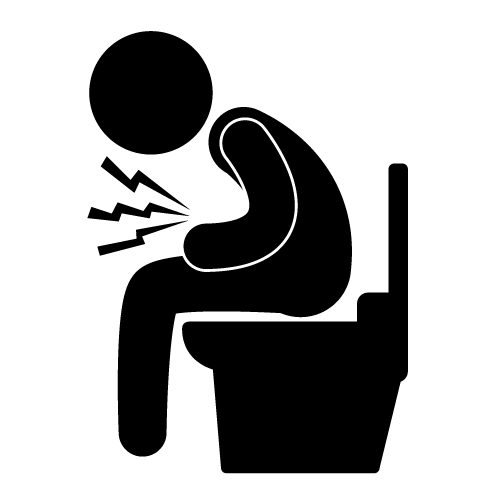
Clostridium difficile (C. diff) is a deadly infection prevalent in healthcare settings. Antibiotics treatments can leave a patient particularly vulnerably to C. diff infection. The CDC estimates 29,300 deaths associated with C. Diff every year and 453,000 cases.
The CDC, Infectious Diseases Society of America, and other medical organizations have warned about unnecessary antibiotics treatments for false positive chronic Lyme diagnoses. These treatments have led to hospitalizations and deaths from infections such as C. Diff.
A woman died from C. Diff after unnecessary antibiotics
Officials from the Minnesota Department of Health relayed a depressing story [1] of mistreatment of a 52 year old woman (“Carrie”) which may have led to her death. Carrie had been suffering from a variety of symptoms (fatigue, insomnia, achy joints, memory loss, and confusion) for over 5 years. She received a diagnosis of depression but thought she might have Lyme disease after seeing a “Lyme Disease Questionnaire/Checklist”.
According to well-established criteria, Carrie’s Lyme test was negative. Nevertheless, she received 5 weeks of doxycycline for possible Lyme disease. Even if Carrie had Lyme disease, such a course is considered sufficient to cure. But that wasn’t the end of the story.
According the Department of Health officials:
The patient’s symptoms improved but then worsened after completion of antibiotics. Both her primary physician and a rheumatologist found no objective evidence of Lyme disease in October. In November, without further Lyme disease testing, another physician prescribed oral cefuroxime and telithromycin for a planned 2–4 months to treat chronic Lyme disease. Five weeks after initiating this therapy, the patient developed diarrhea for 3 days and received a diagnosis of C. difficile colitis.
The patient was started on oral metronidazole therapy but was hospitalized 2 days later with severe abdominal pain secondary to diffuse colitis and abdominal ascites. The next morning, she experienced cardiac arrest twice and succumbed to cardiac arrest during an emergency colectomy.
This death due to fulminant C. difficile colitis serves as yet another example of the severe adverse outcomes that can result from inappropriate antibiotic therapy for presumptive Lyme disease.
CDC: An ALS patient was wrongly treated for chronic Lyme disease
A woman in her 50s developed progressive weakness, swelling, and tingling in her extremities and received a tentative diagnosis of chronic inflammatory demyelinating polyneuropathy. Despite various treatments over a 5-year period, her symptoms did not substantially improve, and a diagnosis of amyotrophic lateral sclerosis was made.
The patient was subsequently evaluated by another physician and was told she had chronic Lyme disease, babesiosis, and Rocky Mountain spotted fever. Initial treatment with herbs and homeopathic remedies had no effect.
She was treated with IV ceftriaxone and oral trimethoprim-sulfamethoxazole, acyclovir, fluconazole, and tinidazole. After 7 months of intensive antimicrobial treatment, her pain improved, but the weakness worsened. She discontinued treatment after developing C. difficile colitis that caused severe abdominal cramps and diarrhea.
The C. difficile infection became intractable, and her symptoms persisted for over 2 years, requiring prolonged treatment. The patient subsequently died from complications of amyotrophic lateral sclerosis. [See patient D in reference 2 below.]
Case reports:
1. Holzbauer SM, Kemperman MM, Lynfield R. Death due to community-associated Clostridium difficile in a woman receiving prolonged antibiotic therapy for suspected lyme disease. Clin Infect Dis. 2010;51(3):369-70.
2. Marzec NS, Nelson C, Waldron PR, et al. Serious Bacterial Infections Acquired During Treatment of Patients Given a Diagnosis of Chronic Lyme Disease – United States. MMWR Morb Mortal Wkly Rep. 2017;66(23):607-609.